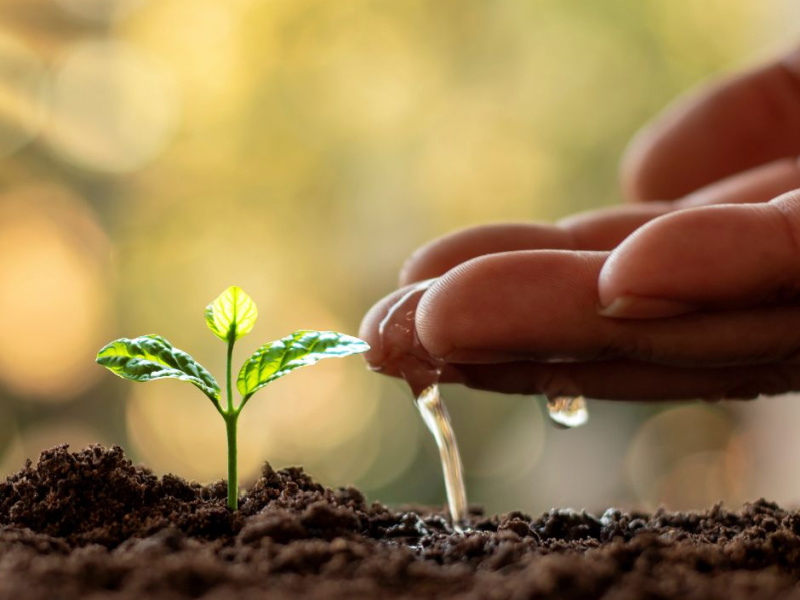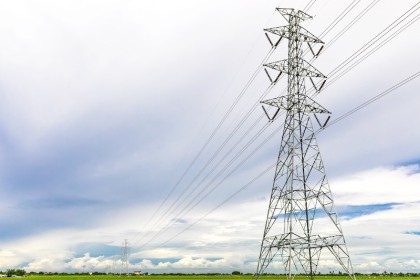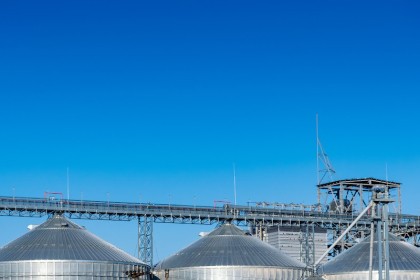
Importance of Sustainable Soil Management
Soil and soil quality is one of the largest and most essential building blocks when it comes to successful agricultural farming and the production of flourishing crops. In order for crops to do well and produce a high crop yield, they need to be adequately nourished. Plants pull their nutrients from the soil, which is why it is so vital to ensure that your soil is healthy, full of nutrients, and retains water.
In this article, we will discuss the importance of sustainable soil management as well as provide you with some principles on how to manage your soil sustainably and keep it healthy for your crops.
What Are the 4 Principles for Sustainable Soil Management?
Sustainable soil management is extremely important to master. While it is not difficult, there are 4 principles that must be followed in order to successfully increase your soil's quality and nutritional value. These 4 principles consist of:
- Minimal Soil Disturbance: Disturbing your soil can actually intervene with and destroy the natural ecosystem within the soil. It is therefore advisable to minimise the amount of disturbance that occurs within the soil. Some of the practices to avoid include tilling and over-cultivation. These practices negatively affect the structure of the soil which can lead to erosion, increased water filtration, and a loss of nutrients. Instead, focus on conservation tilling practices. These practices can include no-till, strip-till, ridge-till, and mulching.
- Maintain Soil Organic Matter: In order to increase nutrients within the soil, and maintain a healthy soil structure it is important to conserve and increase organic matter within the soil. This can be done by feeding the soil with manure, and compost, as well as by making use of cover crops. This will allow for an increase in water retention and microbial activity. After all, if your soil can't retain water, your plants will not be able to extract enough water before it is gone.
- Manage Nutrients and Water: You might not realise it, but an excessive use of fertilizer and water can damage your soil. It is therefore important to ensure that you make use of precision agriculture practices. This involves making use of the exact right amount of fertilizer and water. This will prevent water run-off, a loss of nutrients, and water pollution. Water pollution can occur when too much fertilizer has been utilised, after which point the excess water being used absorbs high levels of fertilizer, which can be harmful.
- Support Biodiversity in Soil: Finally, it is very important to support and increase biodiversity within the soil and on your farm. By maintaining and encouraging the natural ecosystem within your area, pollination, pest control, and nutrient cycling will automatically become easier. In order to make this possible, you can make use of methods such as planting diverse crops, making use of integrated pest management practices, and preserving natural habitats.
These practices will not only improve crop yield and soil quality, but they will also reduce the negative environmental impact that damaging farming practices can incur.
How Can We Maintain and Improve Soil Fertility?
If your goal is to improve soil fertility, then the previously mentioned practices will help. However, you should also ensure that you make use of a high-quality fertilizer that does not contain harmful elements. Ensure that the fertilizer you decide to use is compatible with the crop you are growing and that you fertilize the right amount. It is also important to make use of a fertilizer that has been tested and approved by FERTASA.
FERTASA is the Fertilizer Association of Southern Africa. Their purpose is to act as the recognised and preferred governing body that promotes the image of the fertilizer industry by only encouraging the use of high-quality fertilizers that are not harmful to the environment. They provide this assurance to consumers by having a strict code of conduct, an audited set of standards, relevant scientifically based recommendations, and encouraging continuous learning and improvement.
Visit the AgrifoodSA directory to find out more about FERTASA and which fertilizer they deem fit for use in South Africa.












